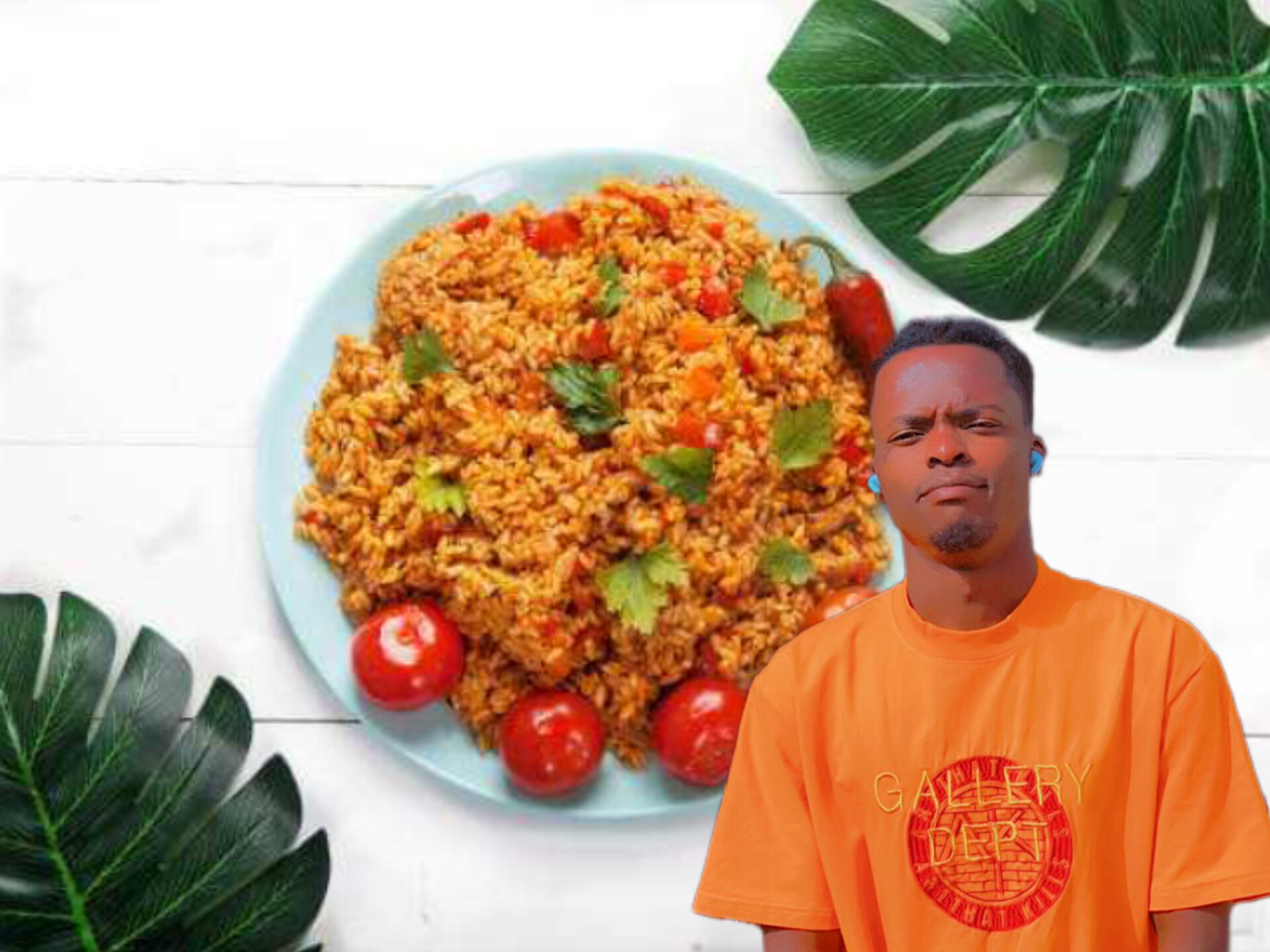- Get link
- X
- Other Apps
JUST IN
- Get link
- X
- Other Apps

What Happens When You Eat Spicy Food?
Capsaicin is the chemical compound found in chili peppers that produces the “heat” we feel when we eat spicy foods. When you eat a hot pepper, capsaicin binds to a class of pain receptors called TRPV1 found in the mouth, on the surface of the tongue and throughout the digestive tract.
“But capsaicin does not actually burn you,” Metalonis says. “Instead, it tricks your brain into thinking a temperature change has occurred, resulting in the sensation of heat and pain.”
Not surprisingly, your body’s reaction to capsaicin is to cool itself down – hence the sweating that often accompanies eating very spicy food. Similarly, capillaries dilate so that heat can be directed away from the body through the skin, as seen by the flushed faces and hands of those who drench their tacos in hot sauce.
In its attempt to cool itself down, your body’s temperature will rise, so not all of the heat you experience when eating spicy food is imaginary. Your body will also attempt to rid itself of capsaicin by increasing the production of mucus, tears and saliva, resulting in the runny nose, water eyes and even drooling that still makes that Thai green curry so worth it for many of us.
The mouth-on-fire sensation typically fades after about 20 minutes as capsaicin molecules neutralize and stop binding to pain receptors. As the irritant passes from your mouth into your throat to travel the length of your gastrointestinal tract, it can cause the following reactions:
- A burning sensation in the chest as capsaicin binds with pain receptors in the esophagus.
- Irritation of the phrenic nerve, which controls the motor function of the diaphragm, resulting in hiccups.
- Swelling of the throat, making breathing difficult and/or causing hoarseness of voice.
- Increased production of mucus in the stomach and a temporary increase in metabolic rate, which can cause stomach cramping and pain.
- An increased rate of digestion in the intestines that can lead to diarrhea.
- Nausea and vomiting (usually only if the food is very spicy).
- Painful bowel movements. Capsaicin is never entirely digested, so a portion will pass through the gut and trigger more TRPV1 pain receptors.
Can Spicy Foods Cause Long-Term Damage?
As the old saying goes, anything in excess can be harmful.
“The good news,” Metalonis says, “is that for most healthy people – even those participating in ‘extreme’ challenges involving consumption of record-setting hot peppers – eating very spicy foods does not pose any serious or lasting dangers to your health and does not usually require medical treatment.”
But she notes there are exceptions. Recently, some high school students in California were hospitalized after having difficulty breathing following participation in the viral social media “one chip challenge,” which involves eating a chip made from some of the hottest peppers on the market. Similarly, stories of people winding up in the ER with “thunderclap headache,” constricted blood vessels in the brain, or spontaneous esophageal rupture after eating the world’s hottest peppers are rare but have occurred.
For people with certain underlying medical conditions, it may be best to avoid spicy foods. These conditions include:
- Inflammatory bowel disease (IBD), including ulcerative colitis and Crohn’s disease
- Celiac disease
- Stomach ulcers (though spicy foods do not actually cause ulcers)
- Gallbladder issues
- Acid Reflux/gastroesophageal reflux disease (GERD)
- Irritable bowel syndrome (INS)
- Anal fissures

Comments
Post a Comment
Let know your comments